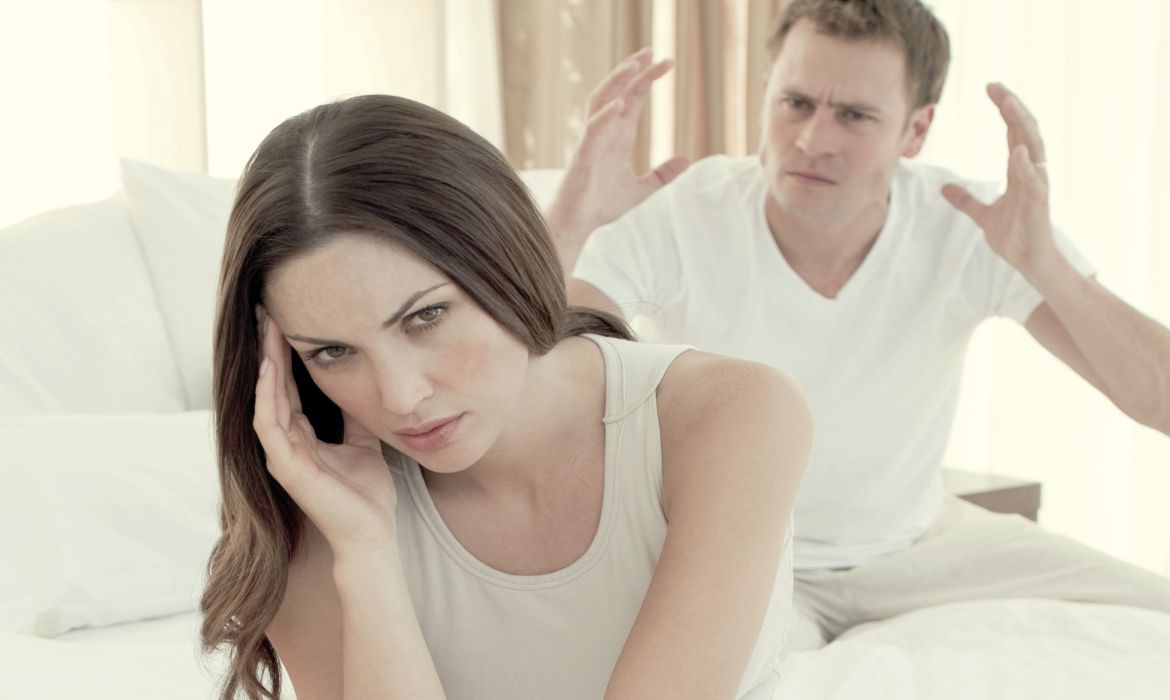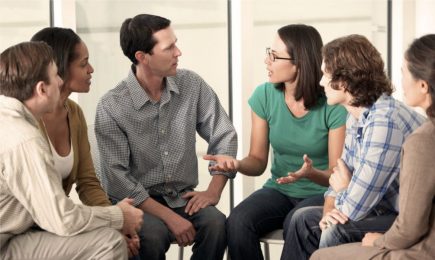
Abuse can happen to anyone, male or female and involves more than physical violence, abuse can be emotional and sexual. Abuse has a devastating impact. It can create, a wide range and long lasting physical, emotional and psychological scars. Counselling helps to rebuild your life.
Domestic abuse is a pattern of controlling and aggressive behaviours from one adult towards another within the context of an intimate relationship. The violence and abuse can be actual or threatened and can happen once every so often or on a regular basis. It can happen to anyone, and in all kinds of relationships. Abusers have often had deep insecurities in their childhood and as a result have never learned to have an emotionally secure relationship.
Some signs of abuse are obviously violent such as hitting, other signs are, subtler such as constantly putting someone down. Sometimes a partner, a person close to you such as a brother, uncle or son can behave in a way that is frightening or makes you feel depressed and bad about yourself. How they behave to make you feel that way may vary, they may threaten you or humiliate you in front of others, damage your belongings or property, they may control what you do, for example by controlling how you use money, they may follow you or visit you without your consent, they may use their culture, religion or personal problems as an excuse for their behaviour. They may physically assault you by means of pushing, bullying, slapping, kicking, punching or otherwise cause serious injury to you. As a woman, you may be forced to have sex when you do not want to.
Men are less likely to report abusive and yet research suggests that domestic abuse is driven by a need for power and control in the relationship for both male and female abusers. Men endure the same devastating effects of domestic abuse as women. Abusive women may have an underlying need for power and control which may present as a 'mate guarding' behaviour. Mate guarding behaviour by women can include, insisting that he spends all his free time with her, jealously, shouting at him for talking or looking at another woman, criticising the other woman's looks, motives or intelligence, telling him that she would die or kill herself if he ever left her, staring coldly at the other woman who was looking at him, staying close by his side at social occasions, threatening to break up if he ever cheats on her, telling him that she will change to please him. Many men find themselves with what seems an impossible decision.
Thirty years ago, women in abusive relationships had nowhere to turn to. Many men find themselves in that situation now. They feel that they cannot get justice in the courts or the family courts and they stand to lose everything, their home, their children, any financial security, and even their jobs (through stress or homelessness). Men also face stigma as admitting to being the victim of a woman goes against widely held social concepts of masculinity.
Not ending the relationship can be even tougher. Domestic abuse has, a tendency to get worse rather than better and can strip its victims of their physical health, their mental health and their sense of self-worth. Victims also need to weigh up the possibility that the perpetrator may move on to another relationship because of their tendency towards intense and unstable relationships anyway. Many abusive relationships start with intense 'love-bombing' in which the victim is made to believe that they have found the partner of their life. The perpetrator may ruthlessly use this pattern of behaviour to 'trap' their next victim. It is not uncommon for perpetrators to have a series of abusive relationships. If the victim's children remain with the perpetrator this will provide a backdrop for their early lives that will almost certainly lead to problems later in life.
Only the victim can make the decision to end a relationship and with support from a domestic abuse organisation, counselling and friends, can help them find a way forward, and help support them in their decision. Anyone can experience domestic violence regardless of race, ethnic or religious group, class, disability or lifestyle. Domestic violence can also take place in lesbian, gay, bi-sexual and transgender relationships, and can involve other family members, including children.
The impact of abuse may leave you feeling you are unable to talk to family or friends, depressed, suicidal, ashamed or guilty and can make you lose your confidence, that there is no way out of this relationship, that it is your fault, you deserve to be treated in this way and leave you worried about how your children are affected by your situation.
Abuse Counselling
Abuse counselling is an opportunity for you to speak to a counsellor about your personal and emotional experiences due to domestic abuse. This could be an issue from your past, present or anything that concerns you about the future. I offer a safe environment to explore your issues, become aware of your choices and build on the inner resources you already have.
Other Counselling Services

School and College Counselling
Quality AssuranceI am qualified Counsellor / Psychotherapist11 years experience working with and counselling children and...
Read More
Individual and Group Supervision
I am a qualified Clinical Supervisor who offers individual and group supervision to professionals ranging from students in...
Read More